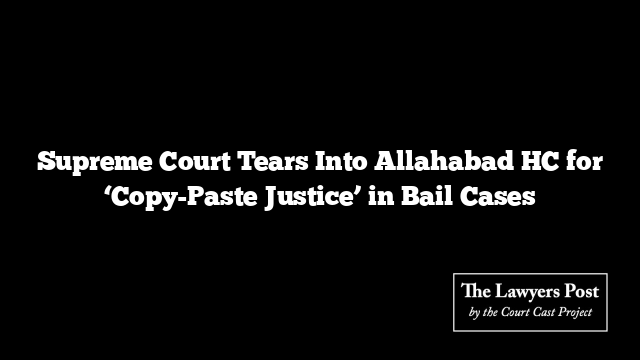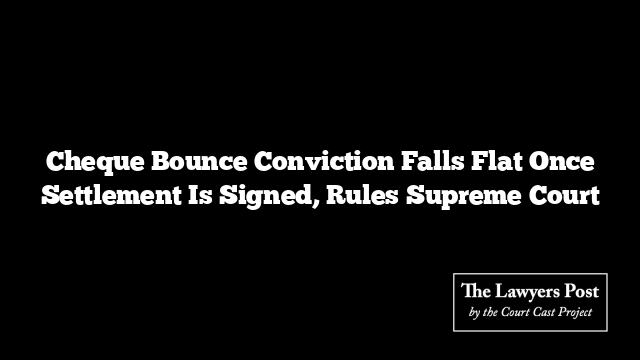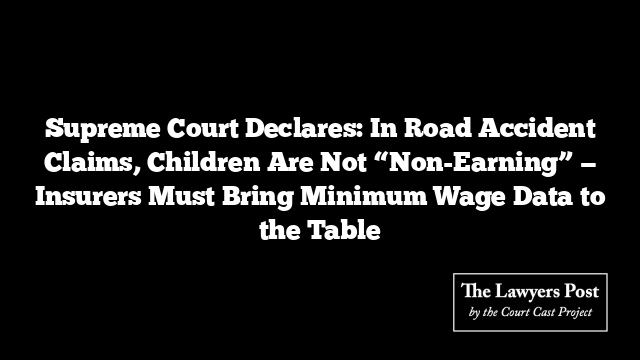The Supreme Court has come down heavily on the Allahabad High Court for what it described as a troubling practice—churning out “cyclostyled” orders in bail cancellation matters. Instead of grappling with allegations that accused persons were intimidating witnesses, the High Court had been routinely telling complainants to seek shelter under the Witness Protection Scheme.
A bench of Justice JB Pardiwala and Justice Sandeep Mehta revealed that in just the past year, it had encountered no fewer than forty such orders. Each, the Court noted, was practically a clone of the other, betraying an assumption that the Witness Protection Scheme could somehow replace the statutory power to cancel bail.
“We are dismayed,” the bench remarked, “to see this cut-and-paste approach in matters where liberty, justice, and the integrity of trials are at stake.” The judges went further, pointing out that the troubling trend has been in place for over two years.
The Court also pulled up public prosecutors, who, instead of guiding the bench with the correct position of law, had been encouraging this very shortcut—urging that complainants be pushed towards the Witness Protection Scheme rather than pressing for bail cancellation when intimidation was evident. The bench minced no words: this practice, it said, cannot be condoned.
The case before the Court had grim roots. A complainant accused of murder had secured bail, subject to strict conditions not to harass witnesses. Yet, two fresh FIRs soon surfaced, alleging fresh threats. When the complainant sought cancellation of bail under Section 439(2) CrPC, the High Court sidestepped the issue and directed him to apply under the 2018 Witness Protection Scheme.
The Supreme Court found this logic fundamentally flawed. “A witness protection programme is not a backdoor substitute for bail cancellation,” the bench observed, stressing that to treat it as such would “make a mockery of the conditions imposed while granting bail.”
With those words, the apex court set aside the High Court’s order and sent the case back, instructing it to actually address the bail violation allegations on their merits.





